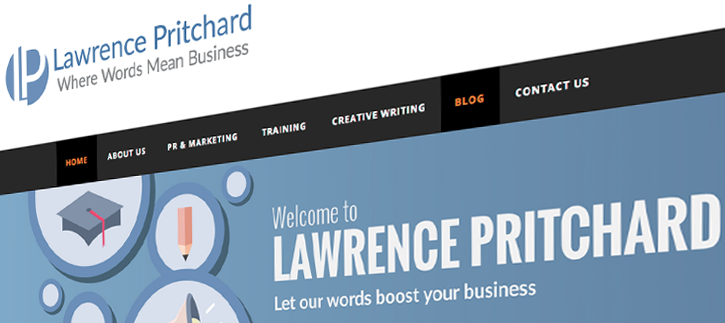What could Citizen Kane possibly teach you about product development?
Leaving aside the famous maxim that in Hollywood ‘nobody knows anything’, what can the making of major budget movies teach anyone in business? Isn’t Hollywood a law unto itself? You don’t make cars or insurance policies the same way you make films. Or do you? Maybe they’re not so far apart. In the end, as William Goldman’s quote makes clear, you can do all the research you like, you can have what you think is a cracking product, you can line up a marvellous launch campaign, and it can still end up stinking like a fish you’d forgotten to put in the fridge – and which greets you in its own unique way when you open the front door on your return from two weeks in Bali. That can just as easily be the outcome if your product is a ‘major motion picture’ or a smart phone.
But sometimes things are so right you wonder if logic put one over on fate.
Take the decision by Orson Welles to hire Bernard Herrmann to compose the score for his 1941 film Citizen Kane. And not only to hire him, but to insist that RKO – the studio backing the film – pay the then little known Herrmann the same fee they’d have paid to secure the services of the Oscar winning composer Max Steiner. RKO initially, and not surprisingly, said ‘no thanks’. But Welles put his foot down and they let him have his way.
RKO had already given Welles just about complete control over the film – including the final cut – which entailed a whole lot of trust in this young, untried film director. Such trust has been the downfall of more than one studio executive. Even whole studios. If you want a thought provoking ‘business read’ next time you have a chance to sink a few tequilas by the side of a holiday pool, try Steven Bach’s 1985 book Final Cut – Dreams and Disasters on the Making of Heaven’s Gate. It’s a sobering book for anyone who ever thought they might like to try their hand as a movie producer. But setting that gently to one side, the decision Welles made – and RKO agreed to fund – worked out brilliantly.
It was Herrmann’s very ‘lack of experience’ (but oodles of talent) that resulted in a film score like no other at that time. Rather than hire a full orchestra and have a score which more or less ran continuously throughout the whole film, Herrmann just hired the musicians he needed and crafted music which – when it needed to be there – fully complemented the groundbreaking images which Welles put on the screen.
What does this teach us? Again there is a business maxim that says if you do what you’ve always done, you’ll always get the same result. To be different, you have to do something different. Citizen Kane certainly does that. Even now. Welles knew he wanted to do something that had never been seen before on screen. His ambition was as enormous as his ego. But he also knew that to achieve that ambition would take something extraordinary in every department. So he assembled the most talented people he could find – and let them do what they were best at – being talented.
Maybe I’m simplifying things a touch. It wasn’t an easy film to make. But to make it one individual put his trust in what he saw to be the best people around – and backed them to do their job – and they succeeded. That’s a lesson for everyone.
Before I sign off I know someone in the rear stalls is going to shout out – ‘But Citizen Kane didn’t make any money!’ That’s true, of course, but there are good reasons for that – not least the fact that the film didn’t go down well with William Randolph Hearst – on whom the main character was based. As one of the largest media owners in the USA at the time he was able to exert an astronomical pressure to limit the film’s distribution. He even tried to buy up all the prints of Citizen Kane and have them destroyed. But he failed – and it’s still with us today – and is a stunning example of how to foster creative talent and let it deliver against all the odds. Perhaps after all some people do occasionally know something?
Nigel Lawrence



